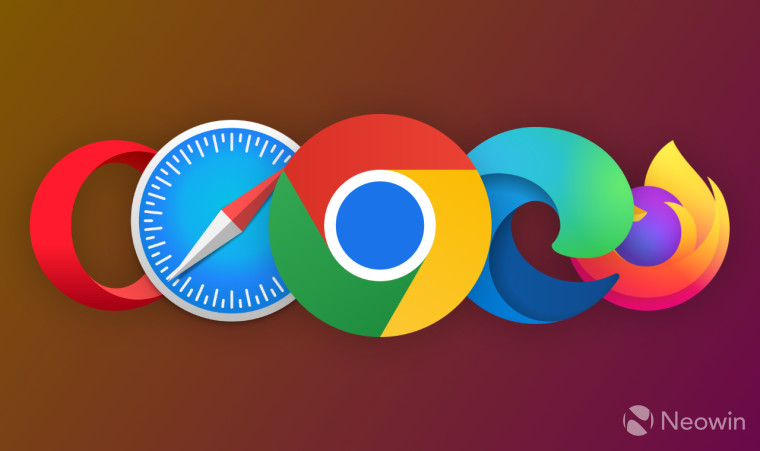
Web browsing, be it on desktop PCs, laptops, or mobile phones, remains one of the most common things people use their devices for. And there are multiple apps people can use to do that. According to the latest browser usage statistics provided by StatCounter, Google Chrome remains the most popular browser for desktops and laptops.
There could be many reasons for Chrome's popularity. If you are mainly concerned about performance and wondering which web browser you should choose, there are web-based benchmarks available.
Of course, web browsing, like every computing workload, is heavily reliant on the system you have at hand. While surfing the internet have always been thought of as something on the lighter side of the workload scale, the web is getting more and more complex every day, and such, it is futile to expect a decent experience from something that is not powerful enough.
So, assuming you have a decent PC or a phone, to help users determine which is the best web browser out there, Apple, Google, Microsoft, and Mozilla, came together to help build the latest version of Speedometer, 3.0. On the announcement blog post on browserbench.org today, it says:
This is the first time the Speedometer benchmark, or any major browser benchmark, has been developed through a cross-industry collaboration supported by each major browser engine: Blink/V8, Gecko/SpiderMonkey, and WebKit/JavaScriptCore.
[...]
The primary goal of Speedometer 3 is to reflect the real-world Web as much as possible, so that users benefit when a browser improves its score on the benchmark.
Here is the gist of the improvements in Speedometer 3.0:
- Improved runtime measurement for both synchronous and asynchronous works
- Updated JavaScript UI frameworks based on usage stats
- Inclusion of complex DOM (Document Object Model) versions
- Performance testing of Single Page Application (SPA) content from news sites (example: Neowin)
- Canvas rendering, charting, and dashboard performance evaluation
- JavaScript and WYSIWYG code editor performance assessment
You can find more technical details regarding these in the blog posts from Google's Chromium, Microsoft's Edge, and Apple's WebKit teams.









_small.jpg)










18 Comments - Add comment